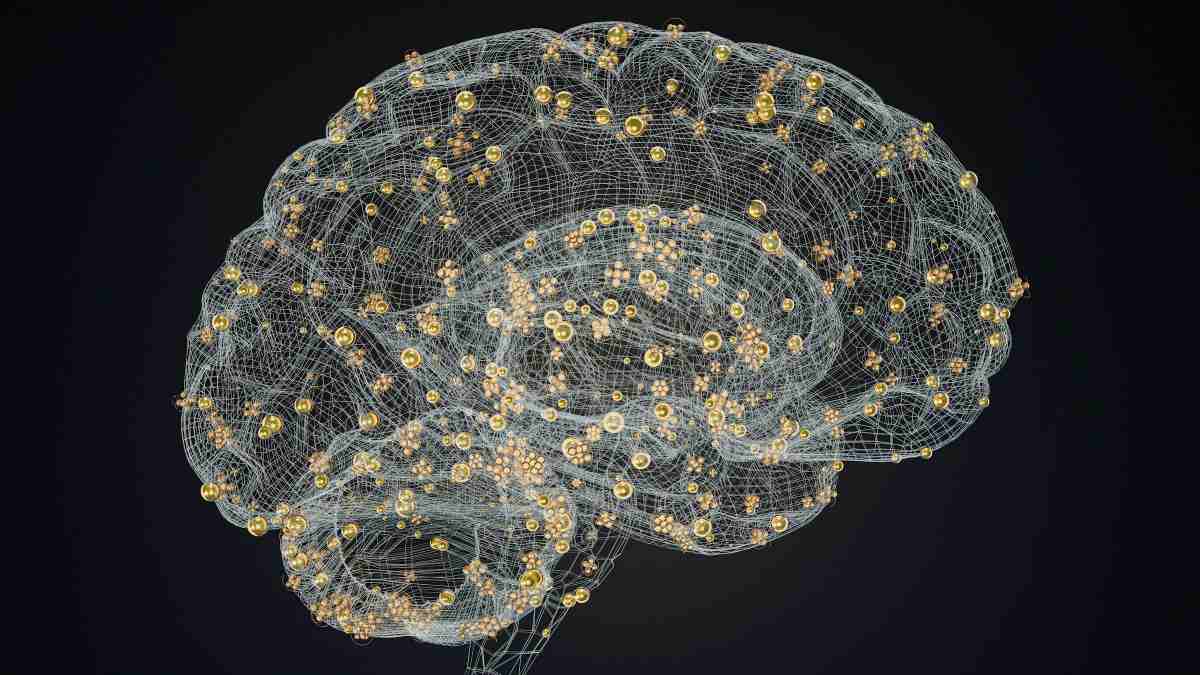What is PTSD?
Post-traumatic stress disorder, also known as PTSD, can occur after a traumatic event. Types of events that can cause PTSD include serious accidents, sexual assault, abuse, war, and more. PTSD develops in about 1 in 3 people who experience this kind of severe trauma and left untreated can cause continuing distress and decreased quality of life.
PTSD symptoms can be categorized into four types: intrusive memories, avoidance, negative changes in thinking and mood, and changes in physical and emotional reactions. Some major symptoms of PTSD include flashbacks, nightmares, or severe anxiety.
These are the symptoms from each category:
-
Intrusive memories
-
Recurrent, unwanted memories of the traumatic event
-
Reliving the traumatic event
-
Upsetting dreams or nightmares about the traumatic event
-
-
Avoidance
-
Avoiding thinking of or talking about the traumatic event
-
Avoiding places, activities or people that remind you of the traumatic event
-
-
Negative changes in thinking and mood
-
Negative thoughts about yourself or others
-
Difficulty maintaining close relationships
-
Feeling detached, numb, or hopeless
-
Who can have PTSD?
One common myth of PTSD is that only war veterans can get PTSD. In reality, any event that overwhelms your internal ability to cope can be considered traumatic. Traumatic experiences can include anything from the death of a loved one to emotional abuse or financial stress.
Did you know that you can even develop PTSD if you yourself didn’t experience the primary event? According to a new study from JAMA Internal Medicine, family members of Covid-19 intensive care patients may develop PTSD. The sudden change in health status of a parent, strict visitor restrictions, and uncertainty around difficult decisions, can give family members a very hard time. Ultimately, anyone who has witnessed or been through an event that overwhelmed their ability to cope including but not limited to physical abuse, a natural disaster, the death of a loved one, or a serious accident can develop trauma response symptoms, sometimes as severe as PTSD.
Treating PTSD
The good news is that treating PTSD is possible. Medications and psychotherapy are some of the most common ways to treat PTSD. Antidepressants help to control some of the symptoms relating to sadness, worry, or fear. In addition, psychotherapy, or talk therapy, can help in either one-on-one or group settings. Talk therapy works to teach you skills that help you identify the trigger of your symptoms. It can also teach you coping skills to manage your symptoms. KetamineTherapy is also a newer treatment that can be effective in treating PTSD.
Ketamine and PTSD
Ketamine was originally used as an anesthetic drug during the Vietnam War, and is on the World Health Organization’s list of Essential Medicines because of its ability to provide anesthesia and analgesia with minimal effect on the respiratory system. Since then, research has shown that a single ketamine treatment can relieve severe, treatment-resistant depression symptoms for several days. When combined with psychotherapy, the treatment effects can be prolonged for longer lasting relief.
Similarly, ketamine can be particularly helpful for people with PTSD because of its ability to offer rapid relief from severe symptoms, making it then possible (and tolerable) to do deeper healing work through psychotherapy.
If you’re suffering from PTSD and live in the NYC area, Acheron Psychiatry offers Ketamine-Assisted Psychotherapy. If you have tried other treatment routes and found little success, this might be for you. Research has shown that Ketamine Therapy can be particularly effective where other treatments have failed. Acheron leverages the clinical advantage of the only legally-prescribed psychedelic medicine right here in New York City. Schedule a free consultation call HERE or check us out at New York City at 11 Broadway, Suite #1168, New York, NY 10004.



